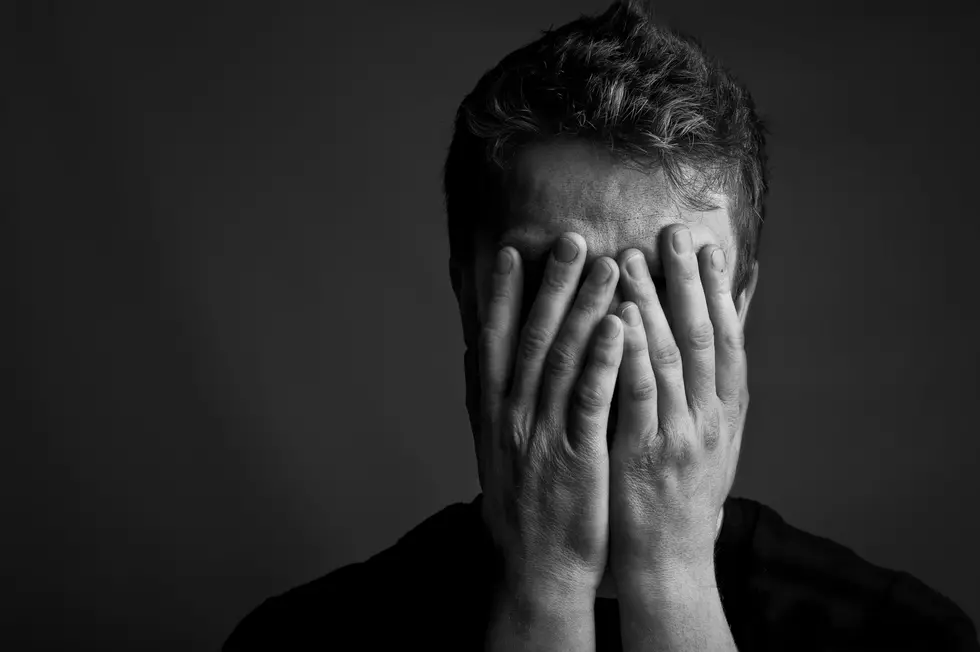![Sandy Still Causing Mental Health Problems, Poll Finds [AUDIO]](http://townsquare.media/site/385/files/2014/01/155274579.jpg?w=980&q=75)
Sandy Still Causing Mental Health Problems, Poll Finds [AUDIO]
Mental health issues persist among Superstorm Sandy victims, nearly 17 months since the storm made landfall in New Jersey, according to a new Monmouth University Poll.
Using the Kessler6 psychological distress scale, the survey discovered that victims who were severely impacted by the storm are four times as likely to exhibit some type of mental anguish.
- John Moore, Getty Images
Nearly one quarter of Sandy victims cited serious distress, and 23 percent said they suffer from mild to moderate distress. More than half recorded no mental concerns.
"We find that people who are still displaced from their homes, and there are thousands of those in New Jersey, are much more likely to suffer from some type of psychological distress," said Patrick Murray, director of the Monmouth University Polling Institute. "In fact, 63 percent of people who are still not back in their homes are suffering some type of distress, compared to 35 percent of them who are back in their homes."
Murray said location plays a role in the findings as well. Mental health issues were cited by 77 percent of victims living in a hotel or trailer, compared to two-thirds of those in a more stable temporary housing situation, and 41 percent of those who own a second home.
"These findings are consistent with previous research that suggests that high levels of mental distress continue up to two years after a large scale disaster," said Dr. Christine Hatchard at Monmouth University's Clinical Psychology Research Center. "However, recent research on Hurricane Katrina victims found that mental distress can actually increase over time, and that economically disadvantaged victims were still experiencing significant mental health problems five years after the hurricane."
The New Jersey Hope and Healing program, which provided support to a half million Sandy survivors, officially ended on February 14, but a special line has been set up for people who still need referrals to clinical services. The call line, 866-202-HELP, is operated by NJ Mental Health Cares and funded through a federal grant.
The poll surveyed 1,239 New Jersey residents who suffered at least $8,000 in property damage during Sandy, or had more than a foot of water in the first floor of their home.
More From New Jersey 101.5 FM









